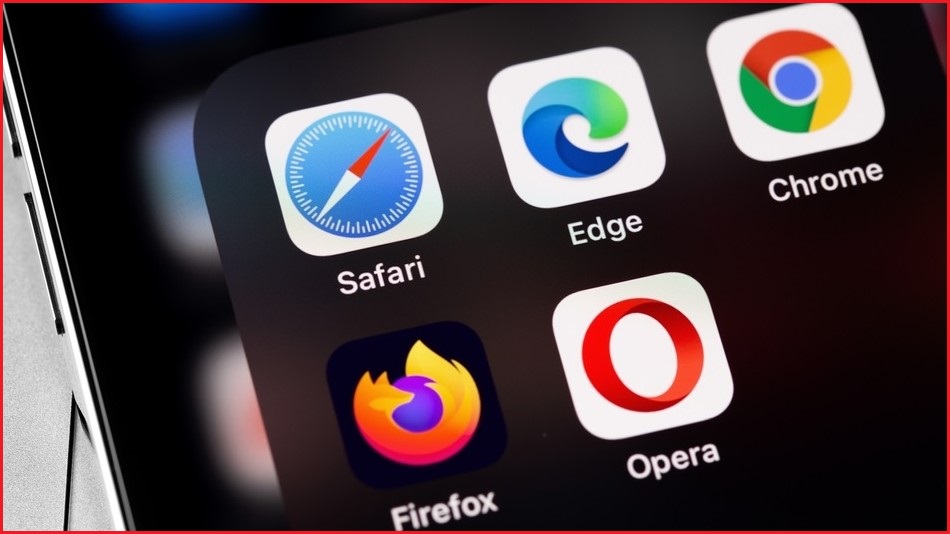Next year, users of ad blockers and browser privacy tools may find their favourite Google Chrome extensions have stopped working, thanks to significant changes scheduled by Google.
In January 2023 Google is cutting off legacy support for its pivotal application programming interface (API), Manifest V2 (MV2), encouraging adoption of the latest version of the API, Manifest V3 (MV3), instead.
Google's MV3 was created in a bid to "increase user security and privacy," however, many popular browser extensions have struggled to make a smooth transition to MV3 without having to significantly compromise on their intended functionality.
This especially applies to privacy extensions and extensions that specialise in filtering out undesired web content, such as ad blockers.
So far, popular extensions such as Ghostery Privacy Ad Blocker, uBlock Origin, and Privacy Badger have all faced difficulty in achieving full compatibility with MV3, especially when it comes to features which enable in-depth logging or statistical analysis of browser requests.
Many developers have observed that extensions updated to accommodate MV3 are often hobbled, minimalistic substitutes for their current MV2 counterparts – and while baseline ad blocking has been shown to be possible, it's repeatedly marred by significant compromises to advanced features and ease-of-use, with some developers reporting cases of 'ad flickering' while running MV3 browser extensions.
Extensions dependent on MV2 can continue to be used under a certain Enterprise policy until June 2023, however, Chrome will otherwise stop running MV2 extensions and Chrome Web Store will no longer accept updates to existing MV2 extensions as of January 2023.
With the looming cut-off date in sight, many users could be left seeking alternative extensions or simply switching web browsers in three months.
Is Google improving security or crippling it?
Google began work on MV3 in 2018, with the ostensible purpose of improving the security, privacy and performance of extensions.
This was to be achieved by increasing limitations on the capabilities of extensions, such as removing the ability to load remote code like JavaScript.
Given the long-running security and privacy issues found in extensions on all browsers, an upgrade to the Manifest V2 API was certainly warranted, however, many have levied criticism at Google for claiming to improve security while simultaneously hindering the capabilities of security and privacy extensions.
MV3's restrictions are something of a double-edged sword – while malicious web extensions will be less capable, ethical privacy extensions will be made less capable as well.
In a blog post released in December 2021, privacy suite and ad blocker Ghostery said "nothing Manifest V3 introduces in its current state can help protect privacy”.
"With enforcement of Manifest V3, Google dramatically limits capabilities of browser extensions. It removes access to powerful APIs that allowed us to provide innovation in privacy protection," it added.
"Intended or not, Manifest V3 takes choice away from users, exposing them to new threats. Manifest V3 is ultimately user hostile."
Looking at Chrome Stats, the most popular Chrome extensions are ad blockers that impact services like YouTube, which is owned by Google.
The existence of ad blockers undoubtedly diminish revenue for services like YouTube, and many critics are pointing out Google could financially benefit from the move to MV3 as a result.
Reddit user Emyiss said, "Chrome allowing ad-block costs them revenue – I don't know if this is reason 'given', but let’s not kid ourselves about this being the root cause."
In spite of widespread criticism, David Li, Product Manager at Google, claims MV3 is "more secure, performant, and privacy-preserving than its predecessor."
Time to switch browsers?
The game-changing restrictions introduced by MV3 aren't exclusive to the Google Chrome browser alone.
According to Asfand Qazi, senior software developer at the Ministry of Justice UK, "most other browsers like Edge and Opera also use the Chrome engine so will be affected too".
"This will push many users into the hands of the only viable alternative: Firefox. It was previously losing market share but will now hopefully gain some back," said Qazi.
He also noted Google "will soon be disabling the extension hooks required by ad blocking extensions, as well as giving advertisers a lot more access to our private data."
Mozilla, the not-for-profit behind the veteran browser, Firefox, originally voiced support for MV3, but in a recent blog post has announced it will maintain support for the Web Request API.
"One of the most controversial changes of Chrome’s MV3 approach is the removal of blocking WebRequest, which provides a level of power and flexibility that is critical to enabling advanced privacy and content blocking features," said Mozilla.
"Unfortunately, that power has also been used to harm users in a variety of ways. Chrome’s solution in MV3 was to define a more narrowly scoped API (declarativeNetRequest) as a replacement. However, this will limit the capabilities of certain types of privacy extensions without adequate replacement," it added.
Mozilla went on to state it would maintain support for both Web Request and Declarative Net Request, thus increasing compatibility with many ad blocking extensions.
Firefox's standing in the desktop browser market is just shy of 8%, which pales in comparison to the massive 67.17% held by Chrome.
Firefox's increased support of ad blocking may drive disgruntled users to switch from Chrome to the lesser used browser, and potentially re-establish Firefox's former glory as a household name.










